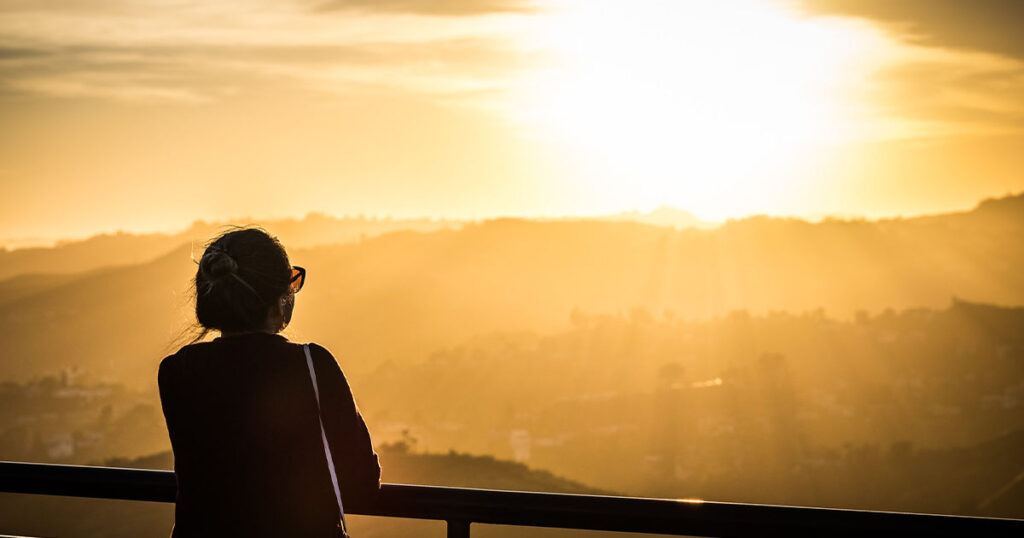
Dacher Keltner, founder of the Greater Good Science Center at the University of California, Berkeley, has spent quite a bit of time studying the feeling of awe—specifically, under what circumstances humans experience it. His findings are surprising. After talking to thousands of people from 20 language groups across the globe, Keltner discovered that what most inspires us to feel awe is not nature or music or existential questions. It’s not Mount Everest or Beethoven’s Ninth Symphony or contemplating the meaning of life. Rather, it’s the selfless and courageous acts of fellow humans, their heroic deeds or ability to overcome setbacks, that we cannot get enough of. These are the things that bring us to our knees.
It’s interesting to note that feeling awe can produce a physical response on our skin; in American English, we call this “goose bumps.” In Japan, they call it “bird skin.” In Greece, “hair up.” In Denmark, there’s the slang term “ant boobs.”
During the past few years, amid the onslaught of the pandemic, continual environmental disasters, global wars, my mother’s death, and my own cancer diagnosis, I have found myself craving this feeling of awe, this feeling of tingling skin. Yet I don’t know exactly where and how to find it. It seems lost to me. Perhaps it’s lost to most of us.
Still, I can’t shake the feeling that if we could find and hold on to awe, we might all live better lives. We might be kinder to one another and kinder to ourselves, kinder to the trees and the insects and the birds and the wolves. We might live with our eyes and hearts wide open.
In her essay collection For the Time Being, Annie Dillard takes the long view of humanity. She notes how we each plop into existence on this moving ball, live a few decades or more, and then vanish. By scientists’ rough calculations,
109 billion of us have come and gone. Eight billion are alive today. How many countless more will come? As Dillard puts it, we are merely “today’s samples from the current batch of Cro-Magnon man.” We are just blips in time, passing like wisps of wind across the vast prairies of the universe.
When my body inexplicably awakens me at four a.m., I find myself lying in bed staring at the ceiling. I remember an article I read the night before that advised insomniacs to avoid “big questions” when they awaken during the night. I try to think of something mundane, but all I can think is: What’s the point of it all?
Does this count as a big question?
Login to view the full article
Need to register?
Already a subscriber through The American Scholar?
Are you a Phi Beta Kappa sustaining member?
Register here
Want to subscribe?
Print subscribers get access to our entire website Subscribe here
You can also just subscribe to our website for $9.99. Subscribe here
true


